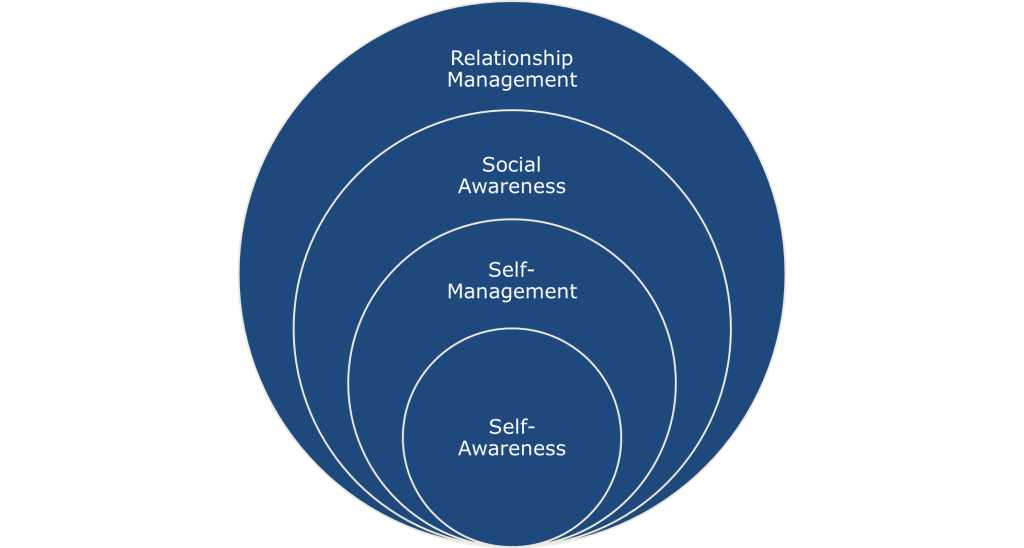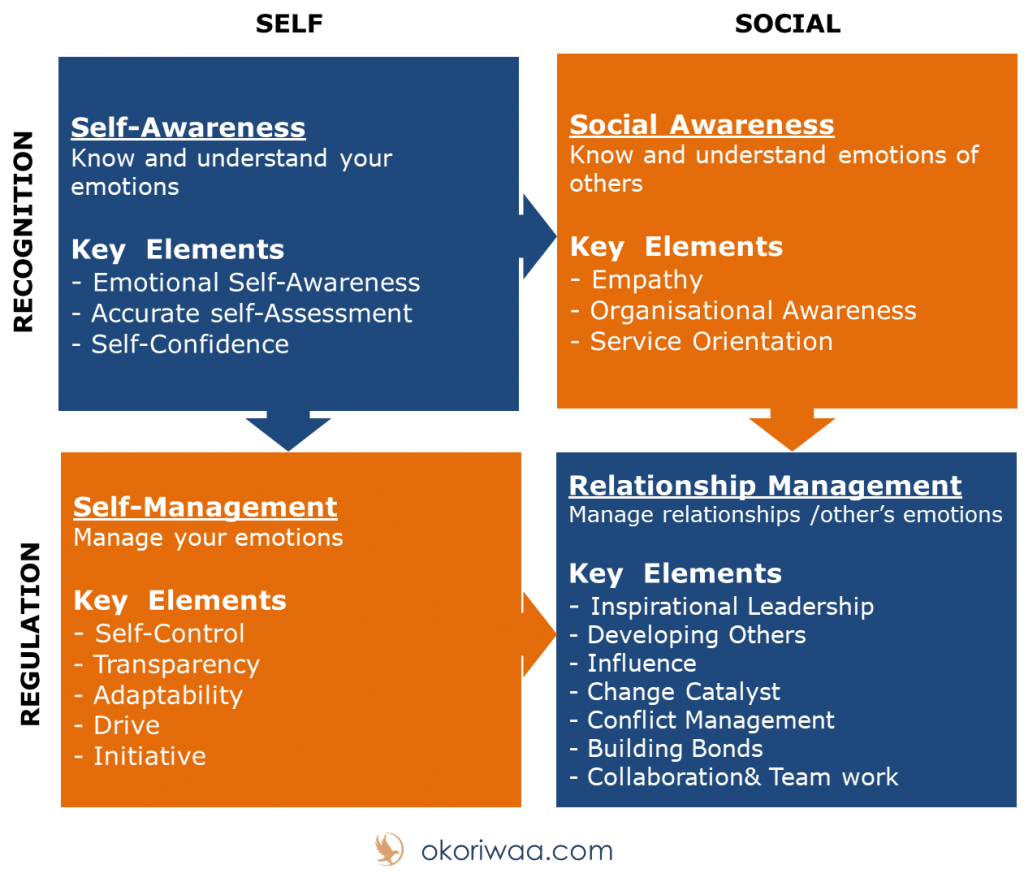“Mastering others is strength. Mastering yourself is true power.” Lao Tzu
What would you say is the most important quality of a true leader?
Leadership is one of the most talked about subjects in the world of business. Billions of dollars are invested in leadership training and leadership development programs worldwide. Deloitte and Touche pegged the global investment on leadership development programs at 46 billion dollars, annually.
However, studies show that return on leadership investment is hovering around 2%, in terms of productivity.
This means companies are literally losing money on their investment on leadership development programs. To top that, businesses are under-performing because of bad or inadequate leadership and its effect on morale and productivity.
A Gallup poll indicates that a whopping 82% of managers are not good at leading people. This is costing companies huge sums of money every year. In the midst of all this, the fact remains that everything rises and falls on leadership.
If leadership is so important, and businesses, organisations, and individuals are willing to spend time and money developing leaders and leadership skills, why are so many leaders, including famous ones, failing at leading people? How come the colossal investments on leadership development programs are not yielding the desired results?
Start From The Beginning
Like a tree, every situation, has a root (cause). Investing in leadership development that treats the visible parts of the tree – the leaves, bark, fruits, – does not address the real cause and source of the problem; the problem simply keeps recurring. In some organisations, specific leadership challenges have recurred so often, it has become an expected challenge that is planned for, and planned with. Steps, models, principles, strategies are important; but they only work well within the requisite conditions for true leadership.
“At the heart of great leadership, is exceptional self-leadership.”
The Root of Leadership
What is leadership? A simple definition is that leadership is the art of motivating a group of people to act towards achieving a common goal.
Another definition says, Leadership is a process of social influence, which maximizes the efforts of others, towards the achievement of a goal or goals.
Notice ‘people’ and ‘others’, in both definitions. Leadership is about people – the leader (person) and the people (persons) he leads. Consequently, it appears logical to equip the leader with people skills or relationship management skills.
Accordingly, billions of dollars are poured into training managers and leaders to develop people skills, and learn to manage people. If that was the real answer, there should have been massive or at least good return on investment. That however, is not the case – 2% ROI is not the expected or desired outcome.
Since leadership is about people, and the leader is equally a person, then clearly, leadership must begin with the leader – not learning to lead others, but rather, and most critically, learning to lead him or herself. That is the root of leadership – the critical but displaced factor in effective and successful leadership.
Self-Awareness and Self-Leadership
So, the answer to why many leaders fail, or achieve success far below their potential, is inadequate self-leadership. At the heart of great leadership is exceptional self- leadership. Continuous, consistent, and sustained success as a leader becomes elusive when we fail at self-leadership.
What is self-Leadership? It is the ability to intentionally influence your thoughts, emotions, actions, and behaviours to achieve your desired objective(s) in life; this includes knowing who you are, what drives you, where you are going and why; having clear values and remaining faithful to those values; appreciating your unique strengths and weaknesses; having the skill to play to your strengths, and work with others to produce results that your weaknesses would have otherwise made difficult or impossible to attain.

In short, Self-Leadership is about being Self-Aware (Self-Awareness), and consequently, being able to Self-Regulate (Self-Management). These two elements – Self-Awareness and Self-Management – form the foundation of our knowledge and understanding of other people and their emotions (Social Awareness), and therefore, our ability to effectively relate to and influence them (Relationship Management).

Why Self-Awareness is the Foundation for True Leadership
Can a person claim to know and understand others when they do not know and understand their own emotions? Can a person effectively manage others and their emotions when that person cannot manage his/her own responses to others?
About 20 years ago, Daniel Goleman’s Emotional Intelligence theory changed the way leadership is perceived. Today, companies hire top managers more for their Emotional Intelligence (EQ) than their Intelligent Quotient (IQ). Emotional intelligence has four core pillars.
- Self-Awareness
- Self-Management
- Social Awareness
- Relationship Management
At the core of emotional intelligence is self-awareness; to develop genuine social-awareness, which is the bedrock of the ability to manage relationships with others, there must be self-awareness. Emotionally intelligent people/leaders are able to:
- Perceive Emotions
- Understand Emotions
- Use Emotions
- Manage Emotions
Conclusion
Research shows that leaders with high self-awareness, even without Executive degrees or MBA, out-perform leaders and CEOs with post graduate degrees.
If the ability to manage and influence others is what we call leadership, then we must pay attention to the mother and grandmother of this ability – Self-Awareness, and Self-Leadership. Ultimately, they determine how far a person can go as a leader, and how effective their leadership would be.
“Exceptional leaders distinguish themselves because of superior Self-Leadership.”
– Daniel Goleman

Augustina O. Oti-Twumasi is a communications strategist, and L&D practitioner. she loves to inspire change in herself and in others. She does this through her work as a Training and Workshop Facilitator, Learning and Development Consultant, Creative Writer, Life Coach, and Integrated Marketing Communications Strategist.




